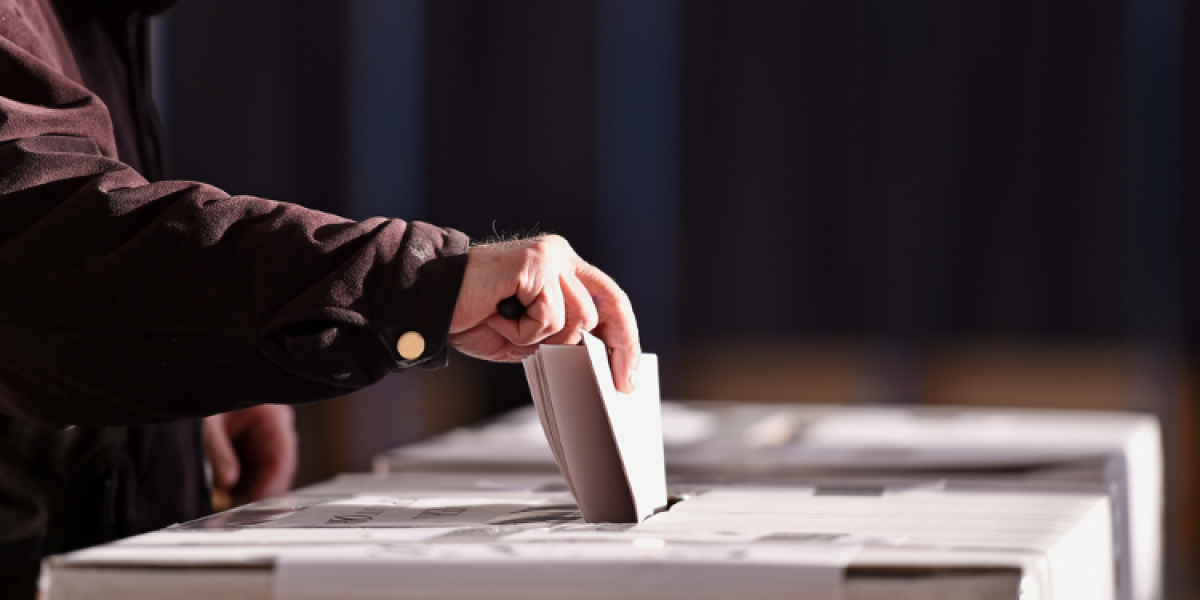
Relocating abroad does not mean giving up your responsibilities and even your civic rights, including your right to vote. The United Kingdom has finally recognized this and is planning to grant Britons who have spent more than 15 years abroad the right to vote in the general elections. Fortunately, the United Kingdom is not the only one to honour this right; although things are quite tricky in some countries.
While many expats tend to deny that whatever is happening in their home country doesn't concern them anymore, most of them do follow the news and especially politics, as was the case with Brexit. If Britons were given a chance to turn back the hands of time, considering the number of changes happening since earlier this year, chances are that things would have been different today. But let's get back to right to vote in general elections for overseas citizens. Many governments have taken such commitments over the past decades. If this law is passed, Britons who have lived more than 15 years abroad will be able to vote in the same constituency where they were registered before leaving the UK.
But this is nothing new for other nationalities, such as French expats. If they wish to vote, French expats can go to the polling station set up at the nearest embassy or in a consular post. They can thus vote for the President of the Republic, in a referendum, in legislative elections, in European elections, in the election of consular representatives or in the election of the Assemblée des Français de l'étranger, which is considered the voice of French expats. However, French expatriates can only be registered either on a consular electoral list or a municipal electoral list from now on. Besides, French expats can also vote by proxy if they cannot return home at the time of elections.
Expat voting rights around the world
Whether in Europe, Asia, Africa, or elsewhere, many countries only allow their citizens to vote in elections if they have lived abroad for a limited number of years.
In Germany, for example, only Germans who are not overseas residents are allowed to vote in national elections. This means that they are still listed in the electoral register. But German expatriates who are no longer registered must submit a formal request to their municipality of residence to be able to vote before each election. They will only be allowed to vote by absentee ballot if their request has been accepted.
Switzerland is world-famous for its democratic system. So all the Swiss, including those living abroad, are allowed to vote at federal elections. It's also worth noting that even foreign nationals are allowed to vote in some cantons and municipalities. But let's get back to the voting rights of overseas Swiss citizens. To be able to vote at the federal elections, they must be registered with the Swiss diplomatic representation in their host country and be listed on the electoral register of their last municipality of residence.
For Australians, it's another story. For example, an Australian who makes a short stay abroad but is still registered in Australia can vote in federal elections. All they need to do is complete a form that is available on the Australian Electoral Commission website. Aussies who intend to return home within the next six years can also vote by absentee ballot if they are still registered in their constituency. But those who don't intend to return to Australia are barred from the electoral register, so they cannot even vote overseas. Still, Australian children having grown up abroad but wish to return home can vote if they intend to return to Australia within six years after turning 18. Regarding Kiwis, those who do not intend to return to New Zealand within three years temporarily lose their right to vote.
While the United States is a democratic country, the right to vote of American expats rights remains a complex issue. Indeed, it varies from one state to another. For example, expatriate Americans hailing from states such as Arizona, Connecticut, Minnesota and New York can only vote in federal elections. Others are only allowed to vote in the state where they registered or the state where they last voted. In Canada, Canadians living overseas were only granted the right to vote in September 2019 following a Supreme Court ruling. Before that, Canadians who had resided abroad for more than five years were automatically barred from the electoral register and, therefore, no longer had the right to vote. In 2015, more than 1 million Canadians living abroad were deprived of their fundamental right.
For Irish expats also, the right to vote is based on their residential address in the electoral register. So the only non-residents who are allowed to vote from abroad are Irish diplomats and their spouses. Defense Forces and Garda Síochána personnel are also allowed to vote, but not their spouses. There is also an exception for graduates voting in university constituencies, including the National University of Ireland and the University of Dublin in Seanad (upper house elections), even if they are abroad. For the rest of Irish expatriates, their right to vote remains unchanged if they intend to return to the country within 18 months of their departure, provided they are back to vote in person using the same residential address.



















